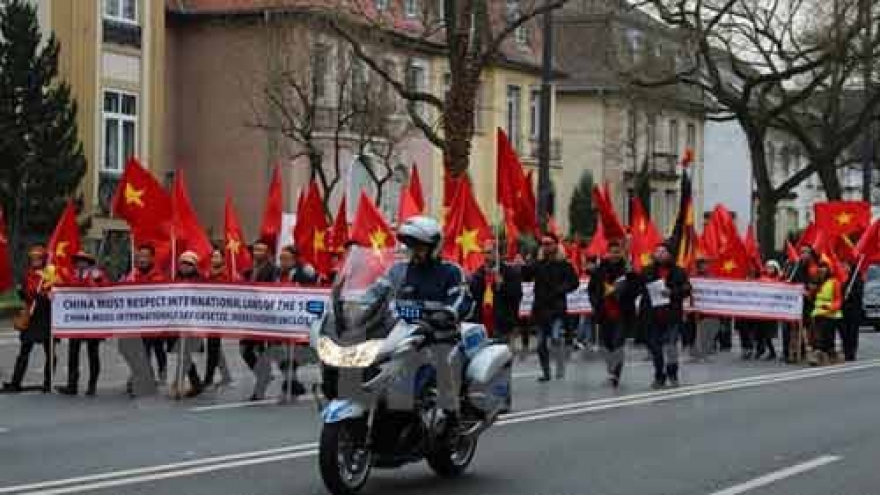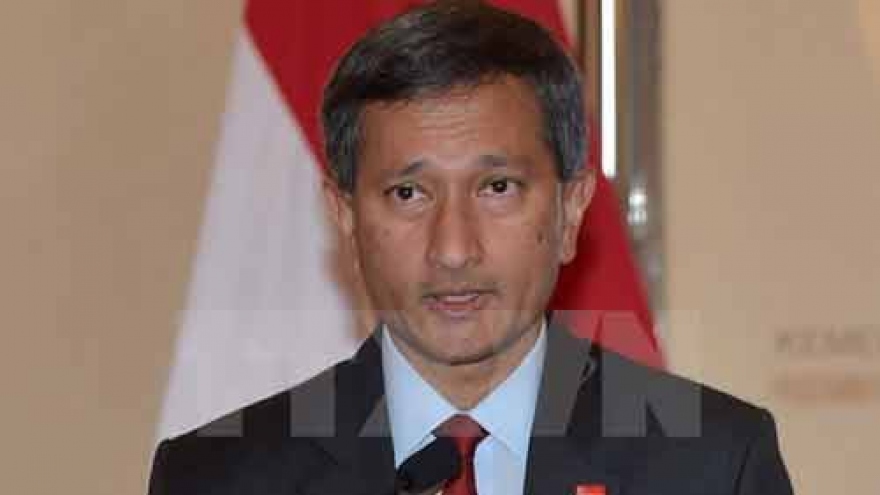China accused of using navy to intimidate fishing vessels in East Sea
The Philippines and the US have accused China of using navy to threaten fishing vessels in the East Sea.
Foreign Secretary Albert del Rosario said the Chinese coast guard ships were gone when the Philippine government patrolled the area.
The Philippines Foreign Ministry has asked China to exercise restraint and avoid possible actions which could affect peace and stability in the region.
Also the same day, speaking at a press conference, US State Department spokesman Mark Toner stressed Washington does not want to see China using its navy to intimidate fishing vessels in the region.
US Defense Secretary Ashton Carter also warned China not to militarise the waters.
 |
China’s acts, regardless of objections and concerns raised by Vietnam and the international community, not only seriously violate Vietnam’s sovereignty and accelerate militarisation in the East Sea, but also threaten peace and stability in the region as well as maritime and aviation security, safety and freedom in the Sea, Binh said.
“Vietnam strongly opposes to the actions that seriously infringed its sovereignty and demands China have responsible and constructive words and deeds in maintaining peace and stability in the region and the world in respect for international law,” he said.




